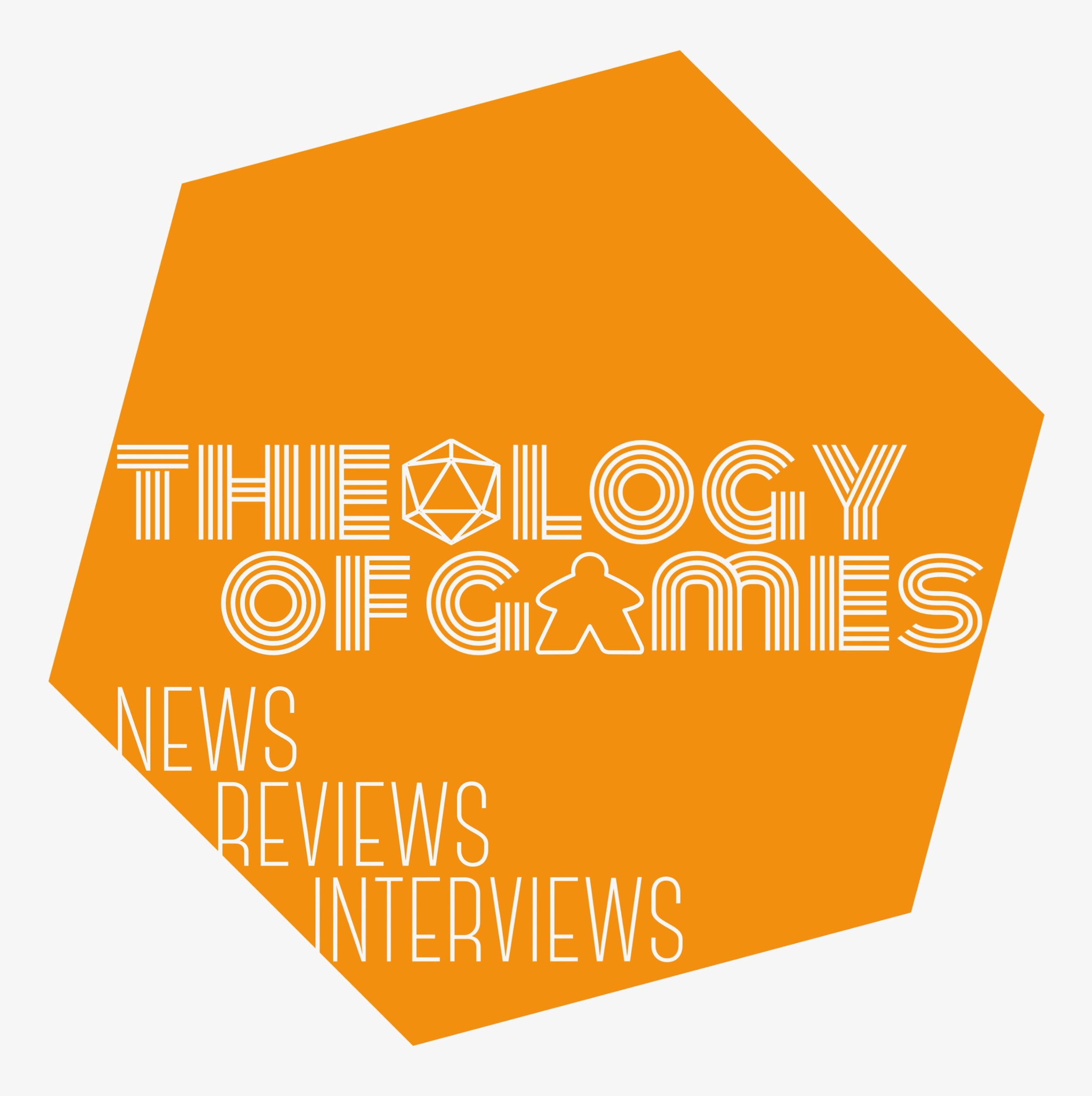Roll Like an Egyptian--A Single-Take Review of Favor of the Pharaoh
/In today's review, Firestone shows us Favor of the Pharaoh, a dice-rolling, engine-building game from Bezier Games and designer Tom Lehmann--whom you might know from a little game called Race for the Galaxy. In Favor of the Pharaoh, you're trying to use the influence of various members of the Egyptian courts to get an audience with the Pharoah himself. Is Favor of the Pharaoh a monument to gaming, or does it bite the dust? Let's find out!
The Setup
To set the game up, you'll choose tiles from among the five levels of influence (3, 4, 5, 6, and 7). The game comes with double-sided bars you'll set out, and then place the appropriate tiles underneath them. Each bar has two spaces for yellow tiles, one for blue, and one for red. You can randomly decide to use the A or B side of these bars, or mix and match. It just adds variety, as each side has different requirements, adding replayability.
Then you'll choose tiles to go under those bars. For each level, there are five different yellow tiles, three different blue tiles, and three different red tiles to choose from.
There's even a free app from Bezier Games that will randomly choose tiles for you.
As you can see, with double-sided requirement bars, and lots of tiles to choose from--only a few of which will be used each game--there's plenty of variety and replayability here.
The Gameplay
Each player starts out small--you'll have three regular red dice. From there you'll be using those dice to buy tiles, to do bigger and better things.
You can buy one tile each turn, and that tile can help you roll better--often by giving you more and better dice.
After each roll you have to lock at least one die, and then you can reroll the remaining dice. Once you've rerolled as much as you can (or want to), you buy a single tile by meeting the requirement on the bar--and you can't buy a tile you already own.
Yellow tiles are Populace tiles, and they generally give you more dice.
Blue tiles are Priesthood tiles, and they generally adjust the values of dice. You can use yellow and blue tiles once per turn.
Red tiles are Artifacts, and they provide a once-a-game benefit.
The game also comes with Scarab tokens of two different types, which you gain through various tile effects. One lets you reroll one active die. The other lets you add one pip to a die. You can use multiple Scarab tokens on a turn, and even on the same die roll.
Players take turns rolling and manipulating dice, buying better and better tiles. Eventually, a player will buy the Queen tile--which is included in every game. To do that, the person must have seven of a kind on seven dice. Once that happens, it triggers the end game.
Starting with the player to the left of the person who bought the Queen, every player gets a bonus red die and one turn to roll more multiples of the same value than seven (or the same multiple of a higher value) than the person who bought the Queen. The person who triggered the end game gets one last chance to claim the top spot, if necessary, and then the game is over.
The Verdict
Favor of the Pharaoh is based on an older game called To Court the King, which I never played, so I can't comment on differences, or which one is better. I can say that I'm a big fan of Favor of the Pharaoh.
Even though I don't like conventional dice games, I do like when you can do interesting things with dice, and that's certainly true here. You're building an engine, and there are plenty of ways to manipulate and shift dice. So while there's certainly luck in the roll of the dice, it doesn't feel as though your fate is completely up to the dice.
The end-game creates tension, as people are trying desperately to beat the person before them.
And as I've mentioned, there's a ton of replayability here, and I love that.
I've played this with gamers and family, and it works well with both. My 8-year-old needed some help working through all the machinations of getting the dice to do what he wanted, but he sure had fun. Because of all the use-this-to-manipulate-that-to-change-that-to-buy-that going on, this is on the complex end of family games--at least with kids. Each turn is a puzzle and some people just won't like that. I do.
Favor works well with every number of player count--even with two. I didn't feel that one player count was stronger than any other.
My one complaint about the game is the MSRP. It's $60 for some cardboard and dice. The dice are very good quality, and come in various colors, but they're just dice--other than six custom dice, but I still don't see how that justifies the high price tag. I traded for the game, but if I'd bought this off a shelf, I'd be ticked.
Firestone's Final Verdict--Favor of the Pharaoh is an excellent engine-building game. I love the puzzles and manipulations of every turn. It's a dice game, but one where you're constantly doing fun things with the dice to get them to do what you want. Big thumbs up from me.
Thanks for reading! What do you think of Favor? Is it better or worse than To Court a King? What's different? Let us know in the comments.

















